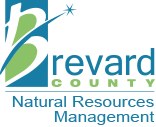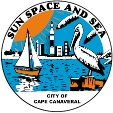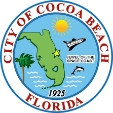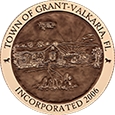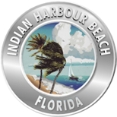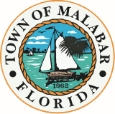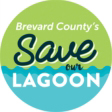How to Reduce Litter
![]()
Four simple ways to keep Brevard (and the lagoon) beautiful.
Living in Brevard County means enjoying the great outdoors year-round. It’s not uncommon to find us at the beach in December, taking a stroll in our tank tops, shorts and sandals.
Although the weather allows us to enjoy the outdoors nearly any time, the trash doesn’t. Billions of tons of litter end up in oceans and waterways every year — causing illness or death of seabirds and marine life.
In Brevard County, litter left on the ground can impact our wildlife and our wallets. Litter can be carried to storm drains. If it’s large, it can block the flow of water, causing flooding and causing you (the taxpayer) money. If the litter is small enough to fall through the cracks, it enters the underground pipes that lead to storm water ponds and, eventually, to the lagoon (or the St. Johns River).
Fortunately, there are simple actions you can take to keep Brevard (and the lagoon) beautiful.
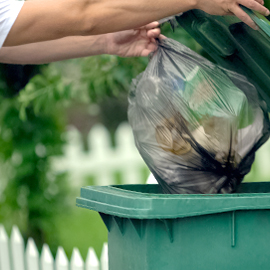
Be part of the change by following these three steps.
![]()
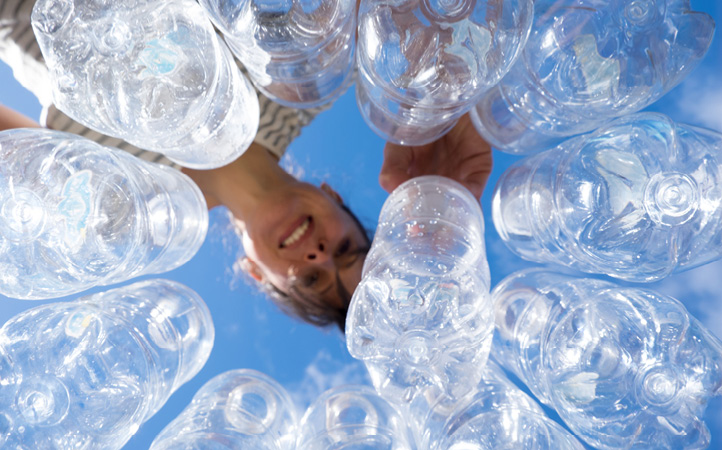
THROW TRASH IN THE GARBAGE.
Trash receptacles can be found at every public park throughout Brevard County, storefronts, and even along the streets of your own neighborhood. Take the time to locate the trashcans at the places you frequent — it’s worth it.
Throwing trash away not only helps to protect the lagoon and the marine life who call it home — it also helps you maintain your property’s value. In fact, 93 percent of homeowners say a littered neighborhood would decrease their assessment of a home’s value and influence their decision to purchase a property. Additionally, 60 percent of property appraisers would reduce a home’s value if it was in a littered area.¹ Help the litter go down and the value of your home stay up.
Another way to reduce litter in your neighborhood is by securing your garbage can lid, especially on windy days. A simple bin strap can ensure trash stays where it belongs — in the garbage.
![]()

Each year, more than 51 billion pieces of litter end up on U.S. roads, bringing annual litter cleanup costs to nearly $11.5 billion.1
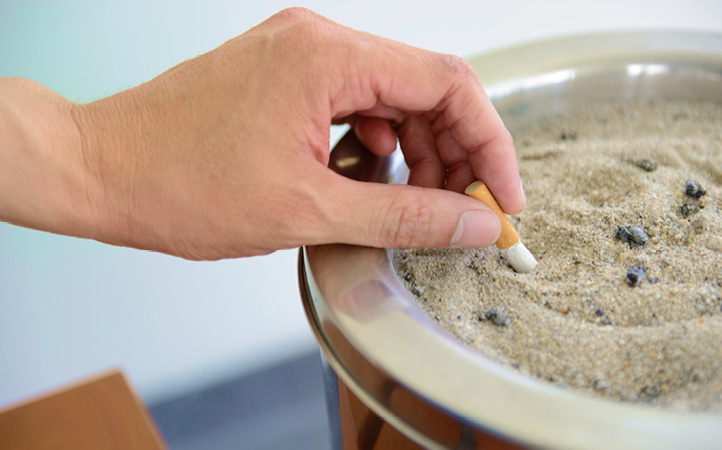
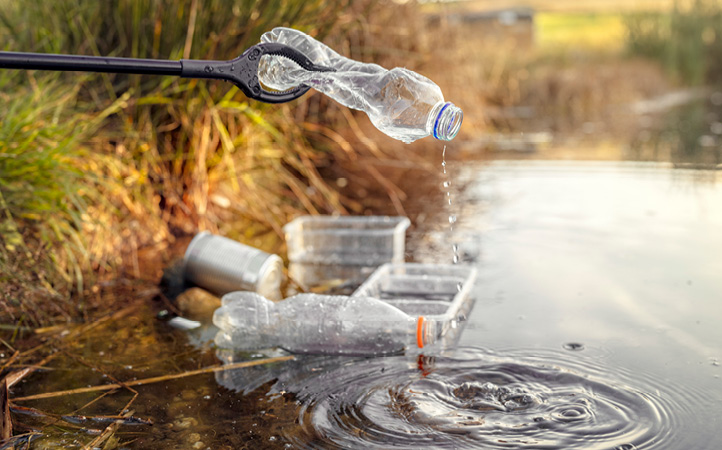
JOIN A COMMUNITY CLEAN-UP.
Each year, more than 50 billion pieces of litter end up along U.S. roads and waterways, and more than 6 billion pieces was reported being more than four inches in size. 90% of people surveyed believe litter is a problem in their state. 1
What can you do to help?
Many local organizations host roadway or beachside clean-ups. Such events are a great way to meet like-minded friends, and show children or grandchildren the impact they can make — as an individual and as part of a greater community.
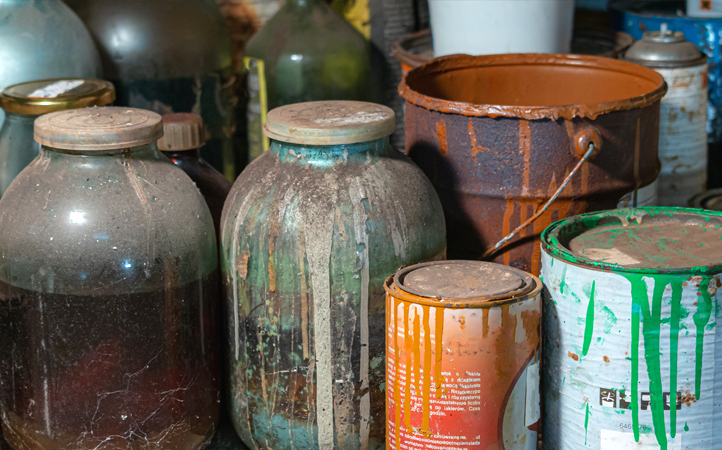
PROPERLY DISPOSE OF HAZARDOUS WASTE.
Never bury, dump or burn chemicals, automotive fluids or electronic products. Improper disposal of hazardous waste can drain into storm drains and flow into waterways, killing fish and other animals. It can even seep through the soil and into ground water.
Recycle used oil and other automotive fluids at participating service stations. Additionally, Brevard County operates three Household Hazardous Waste Collection Centers. Corrosive, reactive, flammable and toxic waste brought to these collection centers are either recycled, reused, or sent to permitted hazardous waste management facilities for safe disposal.
Report illicit discharge or illegal dumping by email or phone: (321) 633-2014.
Why This Matters to All of Us
Throwing trash away isn’t just a nice thing to do. It’s the law.
Fines start at $50 and can be as harsh as a felony charge. Keep Brevard Beautiful has made it easy to discreetly report a litter bug. Just dial *KBB to leave a message for the Brevard County Sheriff’s Department with the offender's license plate number.
Reduce litter by throwing away your trash and other trash you spot. Not just for yourself, but for your children and grandchildren.
It can help to uphold your property value, protect marine life and keep the lagoon clean.
BECOME LAGOON LOYAL
Earn local discounts by volunteering for a shoreline litter cleanup.
Sign up to become Lagoon Loyal and get rewarded for helping the lagoon!
Let’s Be Clear…Reduce Litter FAQs
SOURCES:
1 “2020 Litter Study.” kab.org, Keep America Beautiful, 2020, https://kab.org/litter/litter-study/.






